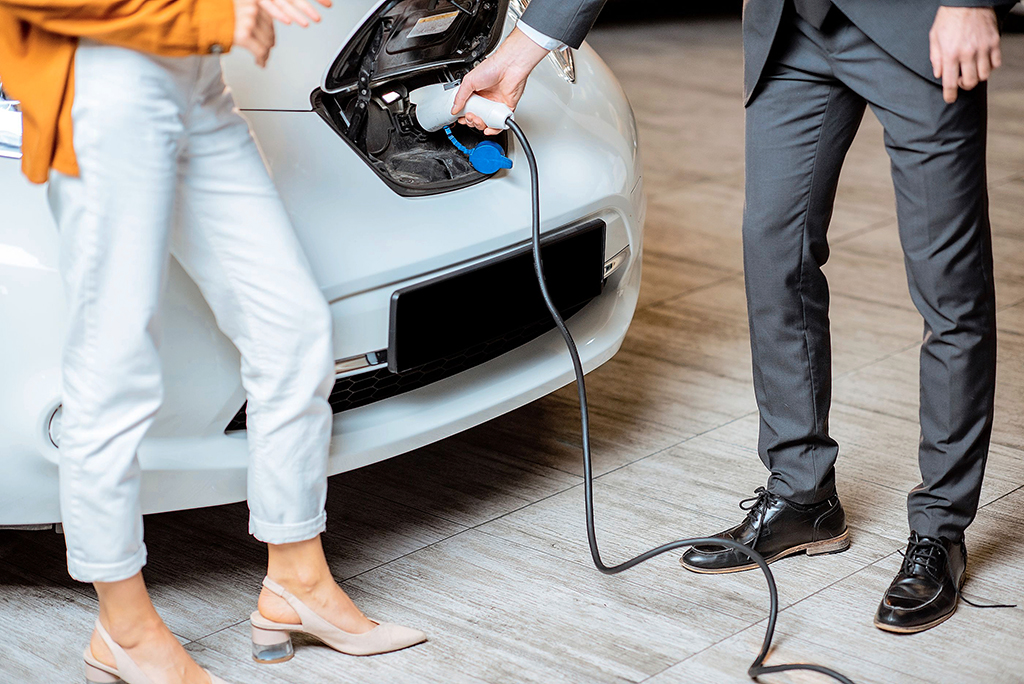REPORTS that the Government is preparing to fast-track legislation to ban the sale of petrol and diesel cars by 2030 are a sure sign that a general election is imminent.
Mindful of the Green Party’s resurgence in last year’s local elections – and their success in the recent by-election in Dublin Fingal – Fine Gael are keen to show that they’re equally serious about saving the planet. With a new generation of voter set to push environmental issues to the top of the political agenda, the Government very much needs to be seen as being down with the kids on this one.
The proposed ban on diesel and petrol cars in 10 years’ time was the headline item in the Government’s Climate Action Plan. But even if legislation is prepared early this year, it is highly unlikely to be passed into law this side of an election. In terms of selling their green credentials to the electorate, however, the optics are good.
A recent survey by AA Ireland may have taken the wind out of Fine Gael’s sails by highlighting the big sell that will be needed to convert all motorists to electric vehicles by the end of the decade. It found that diesel powered cars remain the most popular option for those looking at purchasing a new vehicle in 2020.
In response to an AA Car Insurance survey of over 8,000 Irish motorists, those who indicated they were likely to purchase a new car in 2020 were asked to indicate which vehicle types they would include in their search for a new car: 38.42 percent of respondents indicated that they would include diesel powered cars in their search, with 23.22 percent planning to look at petrol powered vehicles.
However, just 7.41 percent of those surveyed stated they would include fully electric vehicles in their car search, with 27.61 percent planning to look at petrol/electric hybrid cars.
Conor Faughnan, the AA’s Director of Consumer of Affairs, put the survey’s findings into context. He said that while some assistance is available to those looking to purchase an EV, the last two budgets have failed to deliver anything substantive which would make a would-be purchaser more likely to opt for an electric vehicle than a petrol or diesel powered car.
The AA’s findings show how difficult it’s going to be to get people out of their petrol and diesel cars. Significant investment in the provision of charging points will be required, along with greater financial incentives for those purchasing electric vehicles. Moreover, motorists will need assurances about the lifespan and cost of replacement batteries in electric vehicles as further technological improvements are made in this area.
It may have been more realistic if the Government had aimed for a target of hybrid-only vehicles by 2030 instead of pushing for such an unrealistic timeframe for the ban on the sale of petrol and diesel cars.
